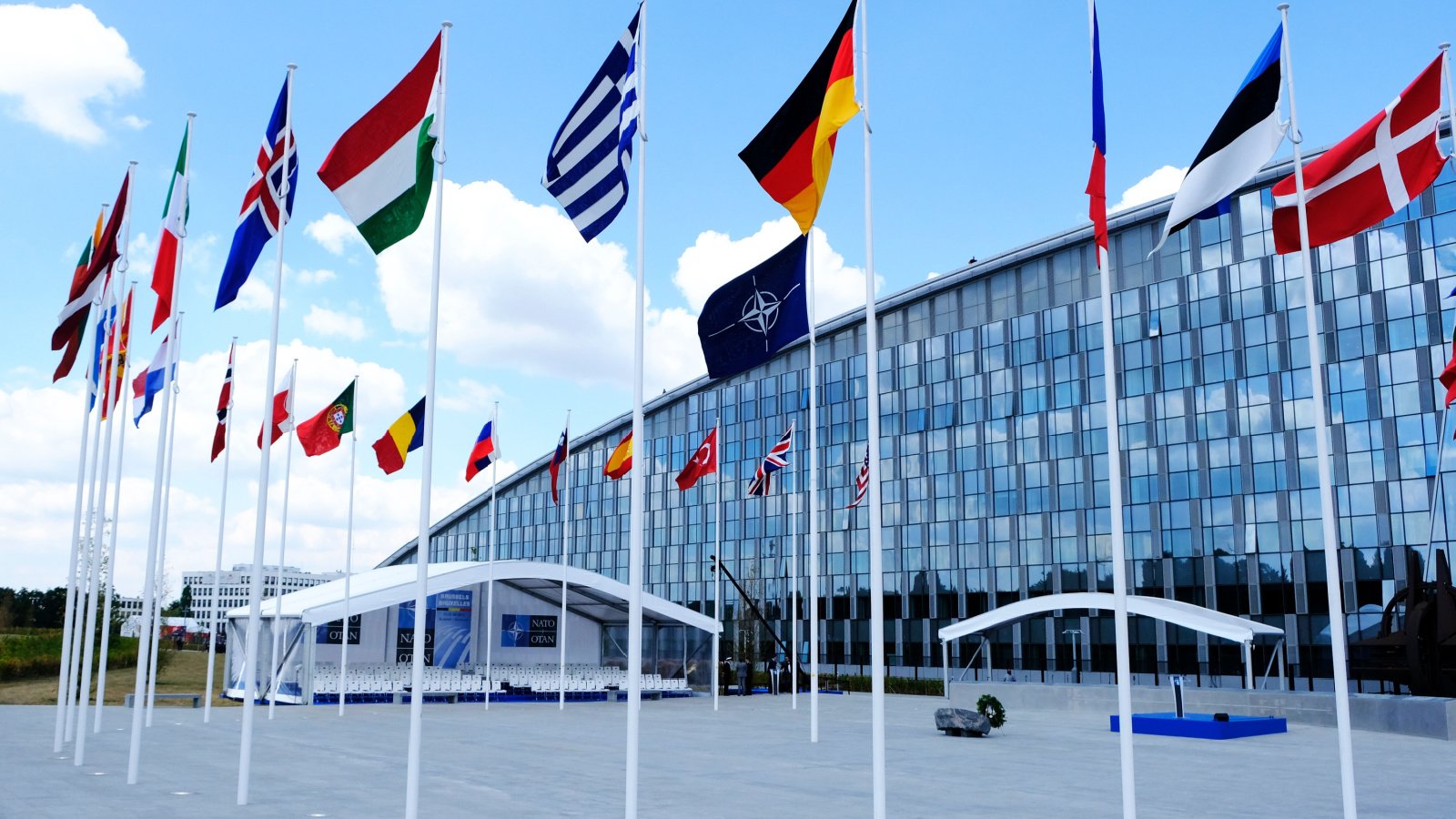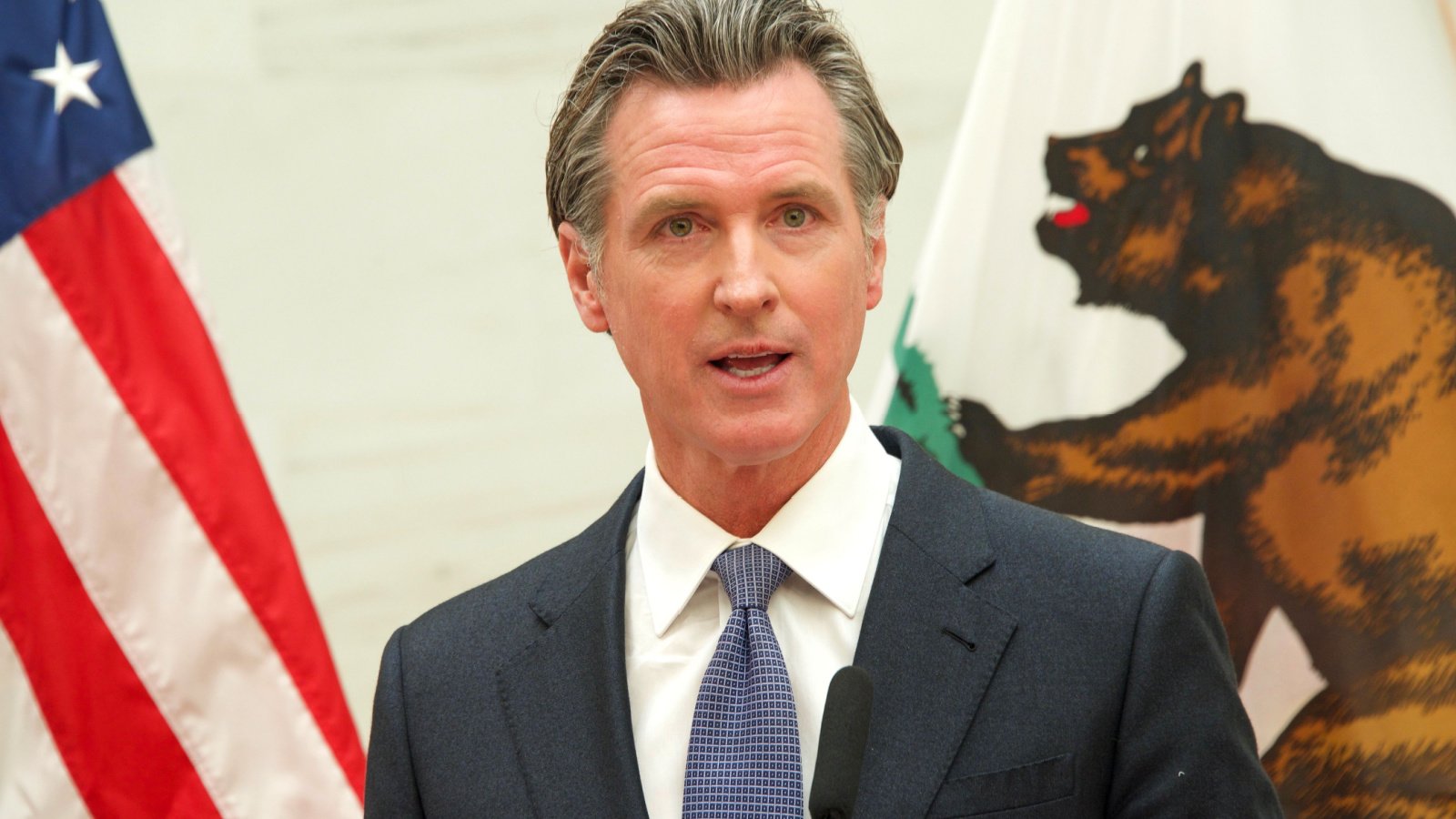Following Russia’s invasion of Ukraine and increased regional threats in Europe, historically neutral countries Sweden and Finland both sought to join the North Atlantic Treaty Organization (NATO), bolstering a collective effort for peace and freedom among democratic nations. Finland joined NATO in April 2023, and Sweden has just been cleared to join following Hungary’s support, which was a long time coming.
Hungary’s Parliament Approved Sweden’s Application After Months of Pressure

In a significant development on Monday, Hungary’s parliament approved Sweden’s application to join NATO, effectively overcoming the last major obstacle after a series of delays lasting over 18 months. This move is crucial for the alliance, especially in the context of the ongoing conflict between Russia and Ukraine, which has heightened the need for NATO’s expansion.
Hungary’s Key Role in NATO Expansion

Hungary’s ratification was pivotal for NATO, as unanimous consent from all existing members is necessary to admit new countries. This ratification followed Turkey’s endorsement, making Hungary the last of the 31 member states to agree, paving the way for Sweden’s membership.
Background of the NATO Bid
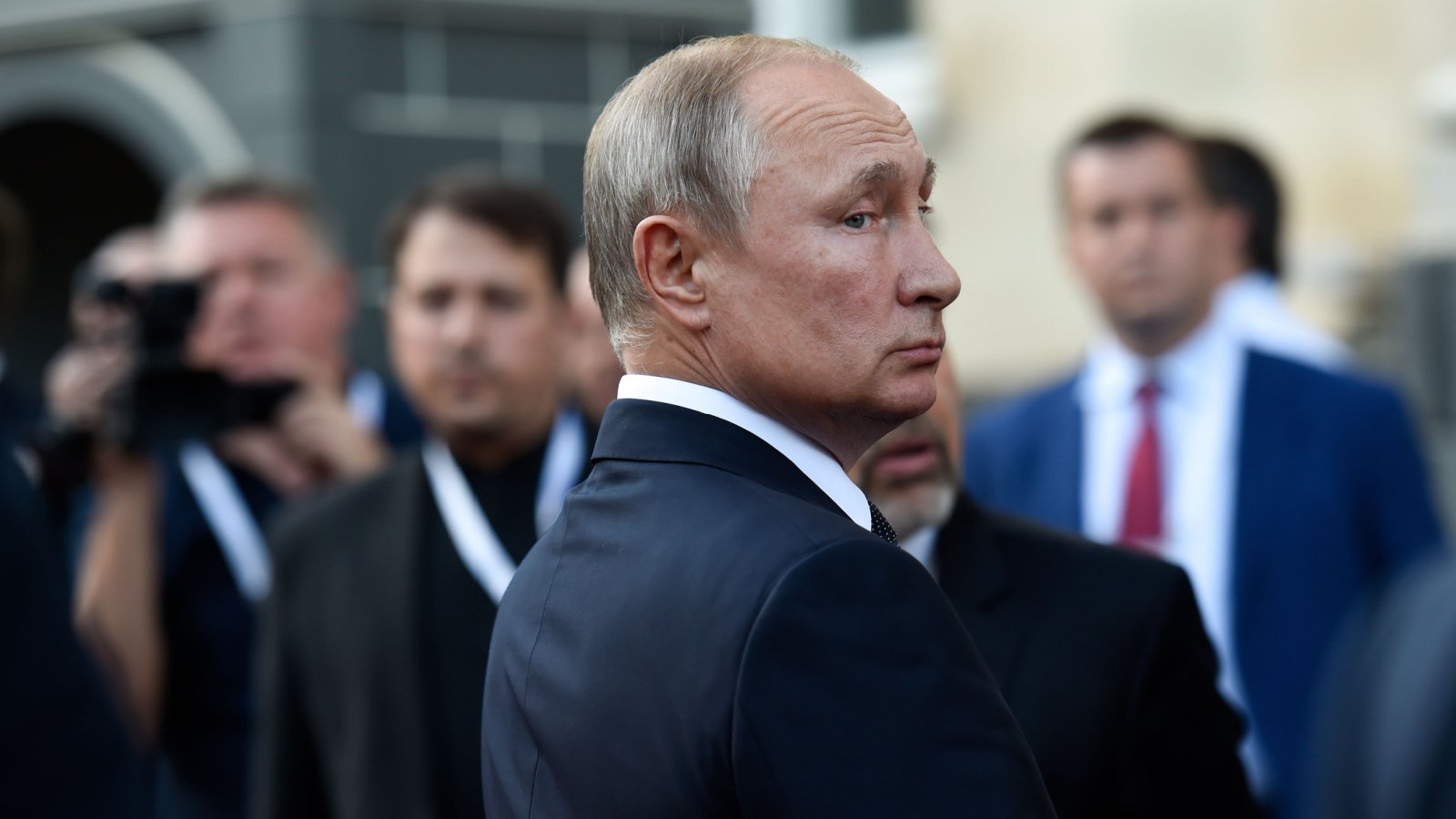
The move towards expansion gained momentum after Sweden and Finland, prompted by Russia’s invasion of Ukraine in 2022, sought to join NATO. This marked a significant shift from their long-standing positions of military neutrality, signaling a strategic realignment in response to evolving security challenges.
Parliamentary Hurdles and Diplomatic Efforts

The Hungarian parliament’s vote was the result of extensive negotiations aimed at overcoming objections from within Prime Minister Viktor Orbán’s nationalist government. Initially proposed in July 2022, Sweden’s NATO membership faced delays due to resistance from ruling party lawmakers.
Sweden’s Strategic Shift
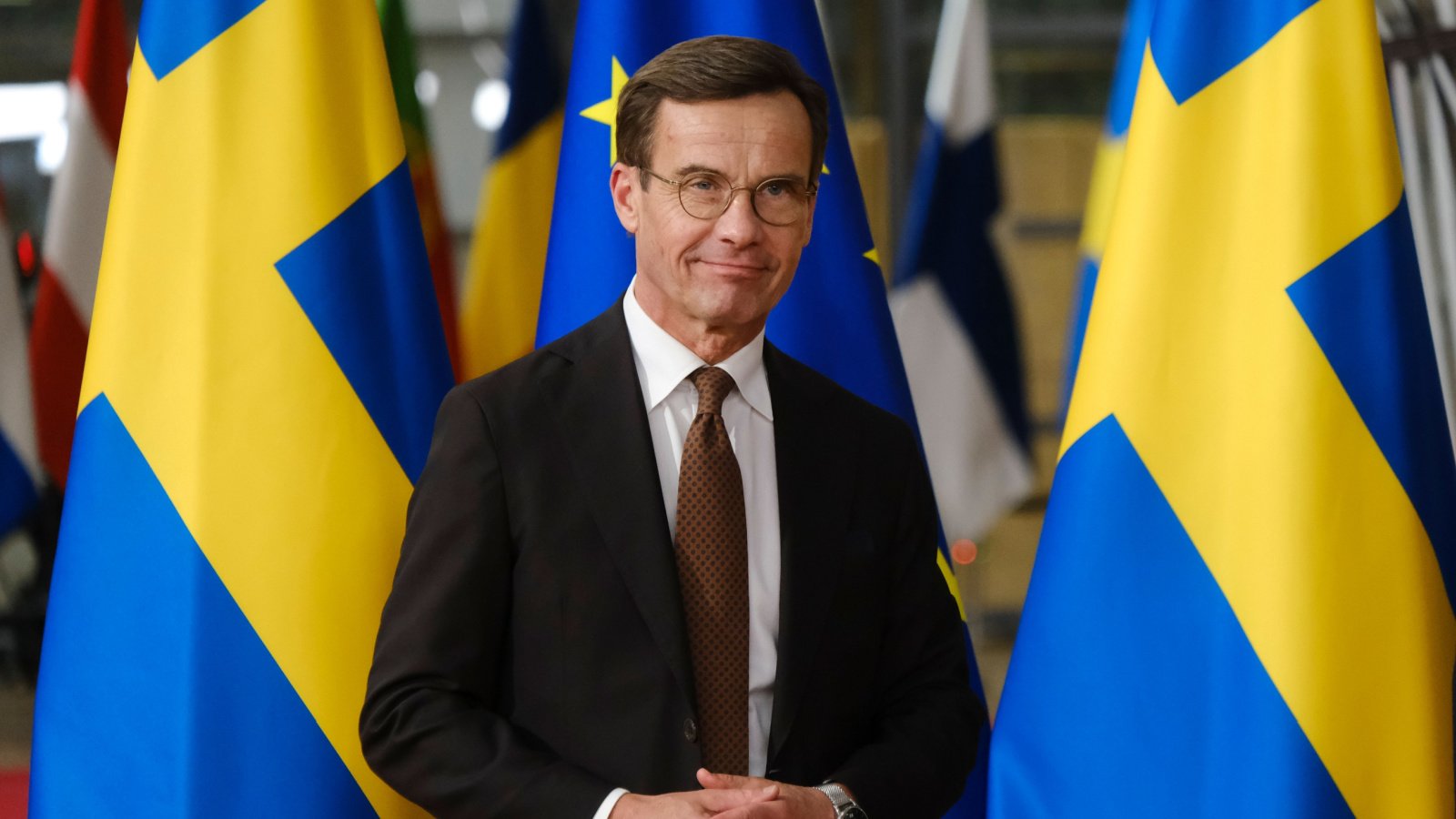
Sweden’s decision to join NATO represents a historic departure from over 200 years of military neutrality. Swedish Prime Minister Ulf Kristersson underscored the gravity of this step, framing it as a commitment to joining a collective effort for peace and freedom among democratic nations.
Overcoming Bilateral Tensions

Relations between Hungary and Sweden had been strained due to criticisms from Swedish politicians about Hungary’s democratic practices. However, in the lead-up to the vote, both nations worked to resolve these tensions, with Prime Minister Orbán acknowledging the benefits of Sweden’s NATO membership for Hungary’s security.
NATO Secretary-General’s Commendation
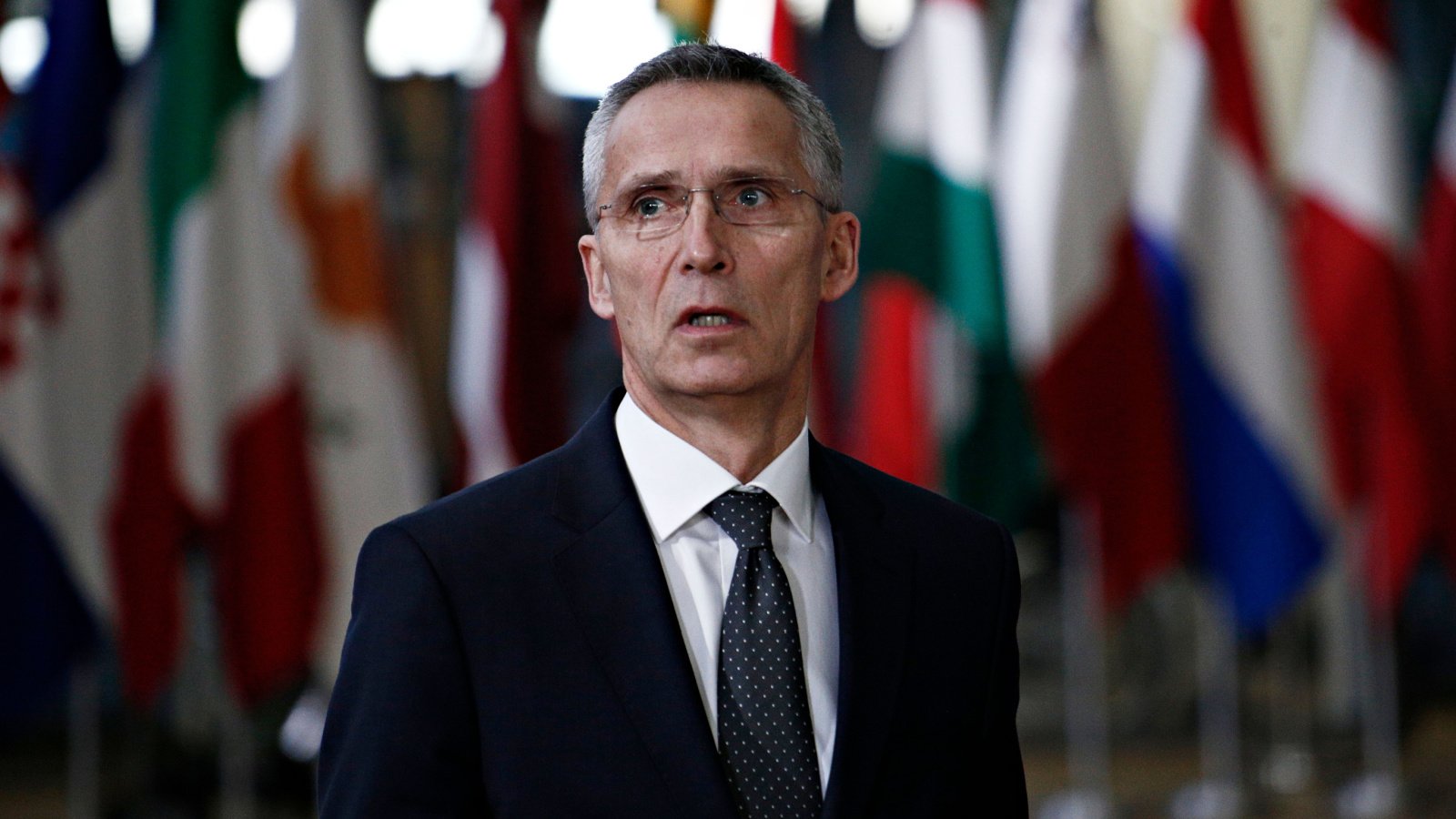
NATO Secretary-General Jens Stoltenberg welcomed Hungary’s decision, emphasizing that Sweden’s inclusion would strengthen the alliance and enhance collective security. He also highlighted Sweden’s robust defense capabilities and commitment to meeting NATO’s spending targets.
Hungary’s Stance on Sovereignty
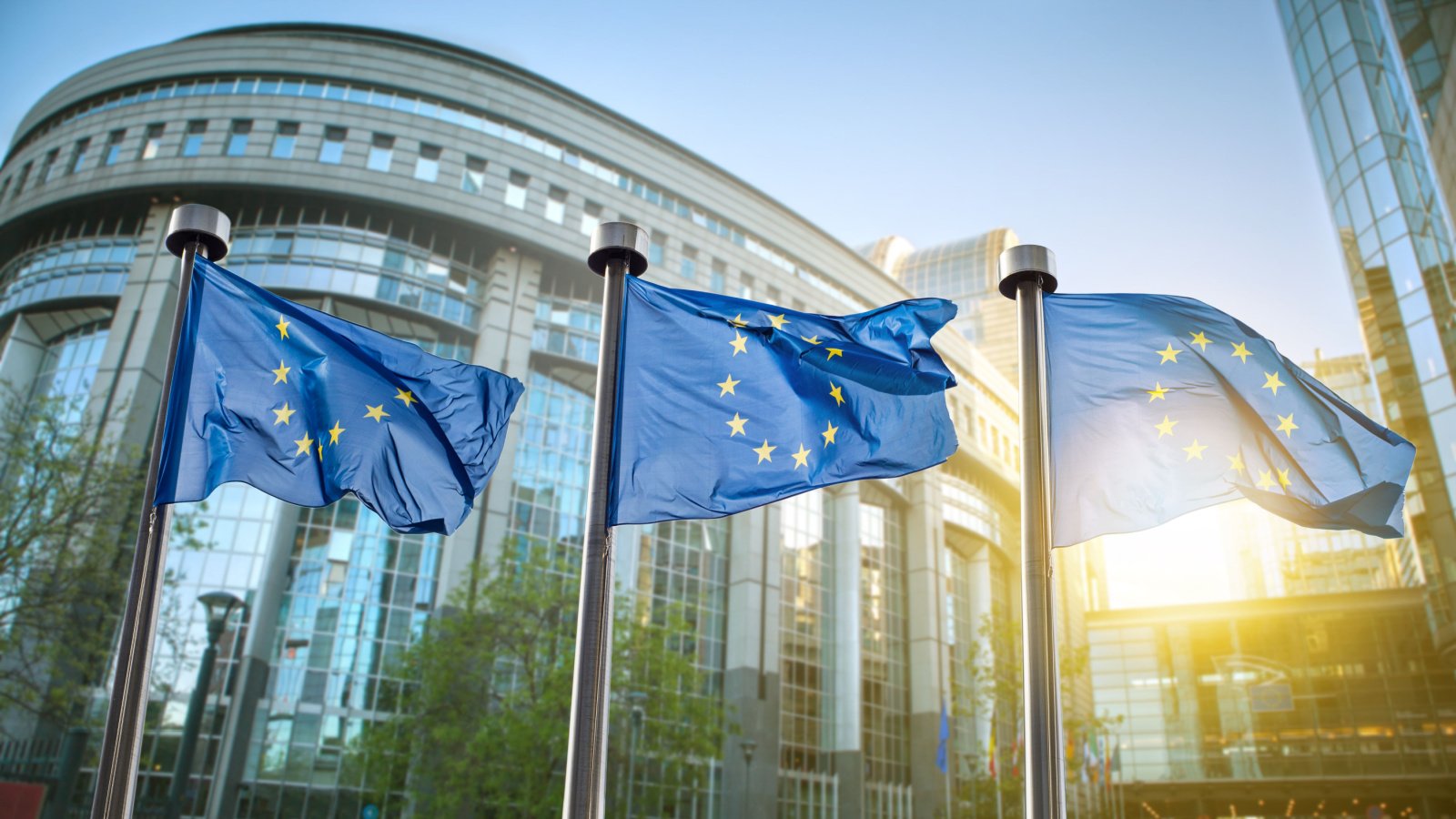
Facing pressure from its European Union and NATO allies to advance Sweden’s membership, Prime Minister Orbán asserted Hungary’s sovereignty. He emphasized the country’s right to make independent decisions without external coercion, reflecting a steadfast position on national autonomy.
The Defense Agreement Breakthrough

A crucial element in the diplomatic negotiations was a defense industry agreement between Hungary and Sweden. This agreement included Hungary’s purchase of Swedish fighter jets, which significantly mended bilateral relations and facilitated Sweden’s NATO accession.
Strengthening Military Cooperation

Hungarian Prime Minister Orbán highlighted the importance of the defense deal, stating that the additional fighter jets would significantly enhance his country’s military capabilities and its role in NATO operations. Orbán stressed the mutual defense commitment that NATO membership entails, symbolizing a renewed trust between Hungary and Sweden.
The Role of International Diplomacy

The ratification process was influenced by international diplomacy, including visits from U.S. senators to Hungary. These efforts underscored the global significance of Sweden’s NATO bid and the importance of democratic solidarity in the face of authoritarian challenges.
The Path Forward
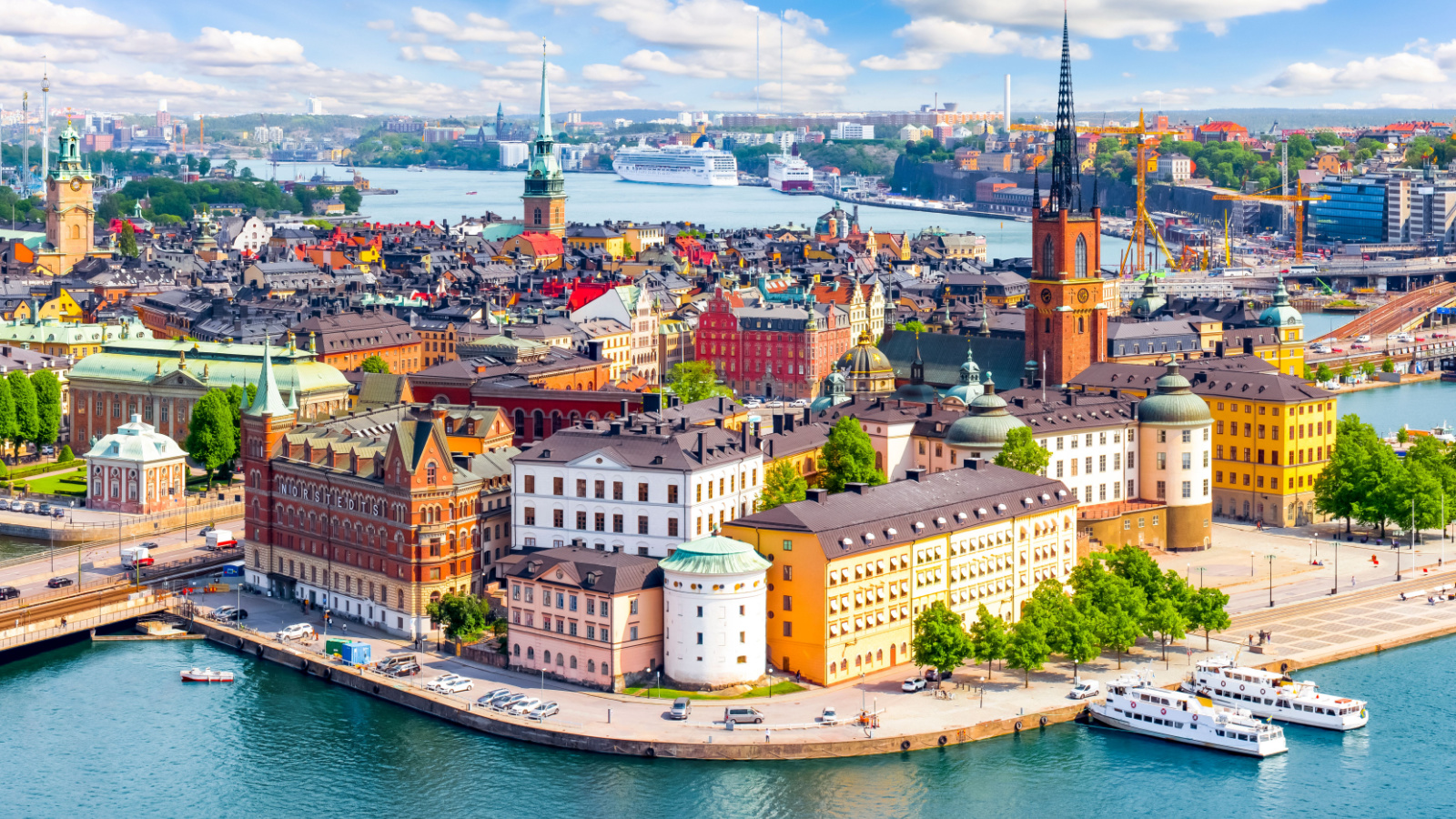
With Hungary’s ratification, Sweden’s path to NATO membership is now clear, marking a significant milestone in the alliance’s expansion strategy. This decision reflects the collective will to adapt to new security challenges and underscores the importance of unity in the face of geopolitical tensions.
A New Era for NATO and European Security

As Sweden prepares to join NATO, the alliance is set to enter a new era of enhanced security cooperation. This expansion signifies a robust response to global security challenges and a commitment to defending democratic values and collective security in Europe and beyond.



